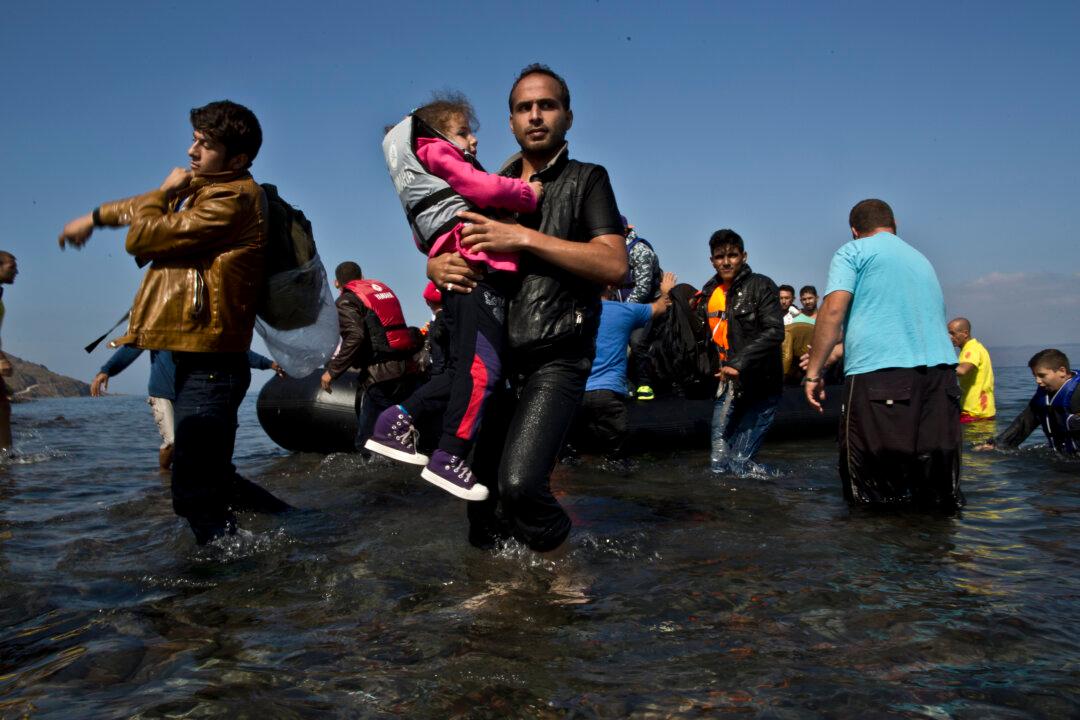EDMONTON, Canada—Life was going well for Samer Hamawi and his young family before the civil war broke out in Syria. Hamawi, a member of Syria’s Christian minority, had his own restaurant business in Aleppo and led a comfortable life.
Then the destructive civil war with different warring factions broke out, and things got more dire by the day. One day as he was watching the news, Hamawi (who doesn’t want to use his real name) saw the entire neighbourhood that his business was in blown to pieces by bombings.
That’s when he decided he had to get his family out of Syria. They settled in Lebanon for some time, and thanks to Canada’s new Liberal government’s goal to resettle 25,000 Syrian refugees by early 2016, made their way to Edmonton at the turn of the year.
Hamawi and his family were sponsored by a church group, as part of Canada’s refugee and humanitarian resettlement program that relies on both government-assisted and privately-sponsored streams.
Canada’s Formula for 25,000 Syrian Refugees
With a population 1/10 of US, Canada accepting far more Syrians than its southern neighbour

A Syrian refugee carrying his daughter rushes to the beach as he arrives on a dinghy from the Turkish coast to the northeastern Greek island of Lesbos on Oct. 4 , 2015. AP Photo/Muhammed Muheisen
|Updated:
In the context of North America, [Canada's contribution] is sizeable, it is admirable.
, York University




